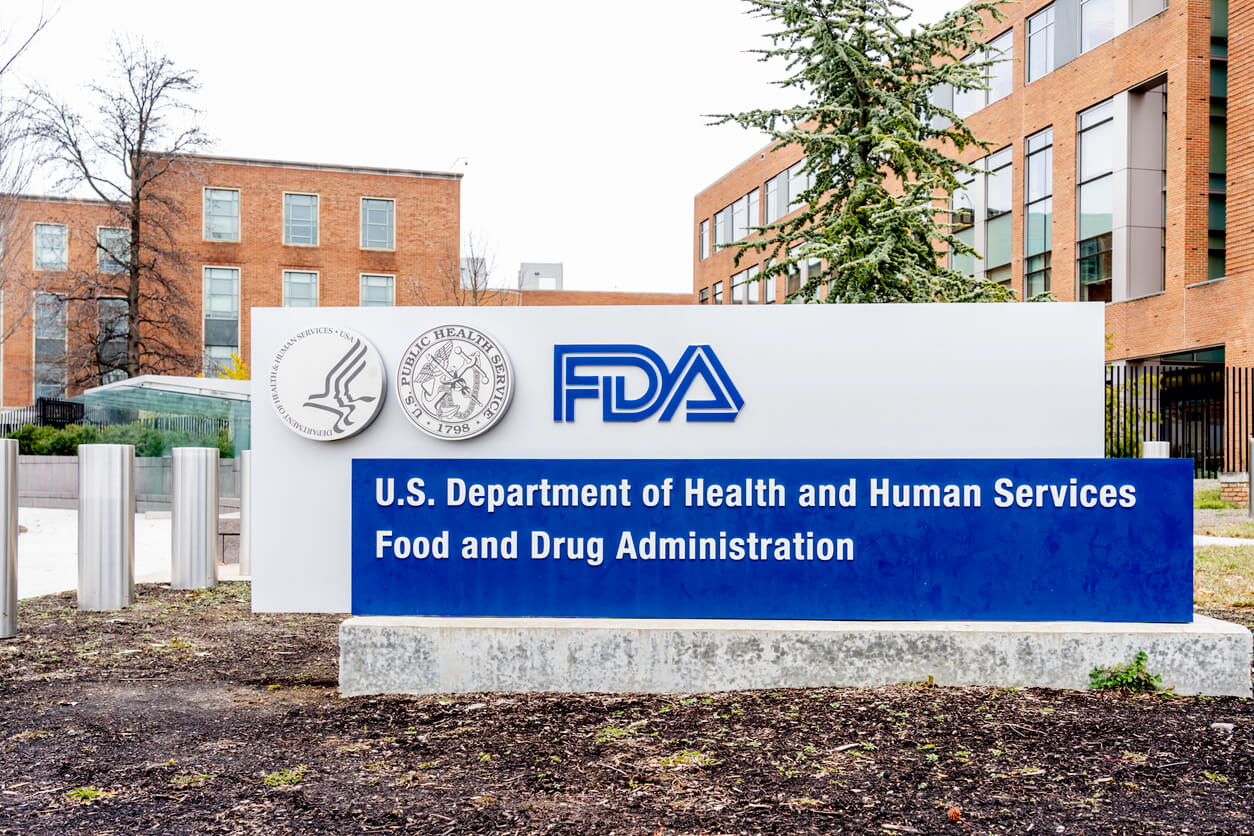Senators Demand Probe Into FDA Oversight Amid Philips CPAP Troubles
Editors carefully fact-check all Consumer Notice, LLC content for accuracy and quality.
Consumer Notice, LLC has a stringent fact-checking process. It starts with our strict sourcing guidelines.
We only gather information from credible sources. This includes peer-reviewed medical journals, reputable media outlets, government reports, court records and interviews with qualified experts.

Two Senators are requesting a government investigation into the FDA’s oversight of medical devices, prompted by the agency’s failure to address defective breathing machines made by Philips Respironics.
Senators Dick Durbin (D-IL) and Richard Blumenthal (D-CT) penned a letter to the Government Accountability Office this month asking the GAO to investigate how the US. Food and Drug Administration tracks warnings about dangerous devices, recalls, and how it takes action against the companies involved.
CPAP, BiPAP and ventilator device maker Philips Respironics has faced controversy surrounding the polyester-based polyurethane, or PE-PUR, foam used to dampen its CPAP machine noise. The foam, complaints uncovered, could degrade and release toxic chemicals and fumes into users’ noses and mouths.
Citing an investigation published by the Pittsburgh Post-Gazette and ProPublica, the Senators’ letter states that Philips Respironics received an adverse event report about the foam issue in 2010.
“Rather than reporting the adverse event report to FDA or initiating a recall, it waited and withheld thousands of additional adverse event reports for more than a decade,” the letter states. “Even when Philips Respironics conducted an internal health hazard evaluation, which confirmed that inhaling the chemicals from the sound abatement foam could cause “permanent impairment,” it did nothing, while patients suffered.”
Exposure to PE-PUR CPAP foam could cause side effects like airway inflammation and irritation, coughing, or respiratory or sinus infections, among others. Patients also developed more severe health complications over time, including several types of cancers linked to exposure to the CPAP foam.
Surge in Recalls, Medical Device Related Adverse Events
The number of recalls and medical device-related adverse event reports submitted to the FDA rose substantially between 2012 and 2022.
The FDA oversaw 898 medical device reports in 2022, compared to 399 in 2012. Medical device-related adverse event reports submitted to the FDA surged from about 487,000 to 2.9 million in 2022, a 505% increase, according to the Senators’ letter.
Blumenthal and Durbin, who both sit on the Senate Judiciary Committee, are urging the GAO to conduct an updated review of the agency and renew its scrutiny of the FDA’s oversight of medical device recalls.
The call for reevaluation stems from a 2011 GAO report that exposed flaws in the FDA’s recall-related inspections and ineffective processes for confirming recall effectiveness.
Despite legislative measures taken after the 2011 report was released, the recent developments related to Philips CPAP machines, and the substantial increase in recalls, Durbin and Blumenthal want the FDA’s procedures reexamined.
The letter calls for the GAO to conduct an updated review that will include:
- Understanding the number and characteristics of both adverse event reports and medical device recalls, and the FDA’s use of this information for improvement.
- Examining the FDA’s authorities and actions to ensure medical device manufacturers initiate recalls.
- Investigating the FDA’s authorities and actions when manufacturers fail to initiate timely recalls, including data on such occurrences.
- Assessing factors influencing the likelihood of medical device recall initiation.
- Identifying additional resources, funding or legislative authorities to enhance the FDA’s oversight of medical device recalls and adverse event reports.
- Investigating the FDA’s authorities and actions to ensure timely submission of adverse event reports by manufacturers.
- Examining factors contributing to the likelihood of adverse event report submission.
Source: Letter to GAO, re. FDA Oversight of Medical Device Recalls
Philips’ Attempts To Settle Class Action Lawsuits
Recently, Philips offered to settle class action lawsuits against the company related to financial restitution. The proposed settlement of $479 million would allow people who bought, leased or rented certain Philips sleep apnea machines.
A judge will need to sign off on the settlement to finalize the deal, but people who may qualify can file a claim on the settlement website.
Outside of the class action settlement, hundreds of personal injury CPAP lawsuits against the medical device giant are still pending in multidistrict litigation. Lawyers are actively accepting claims.